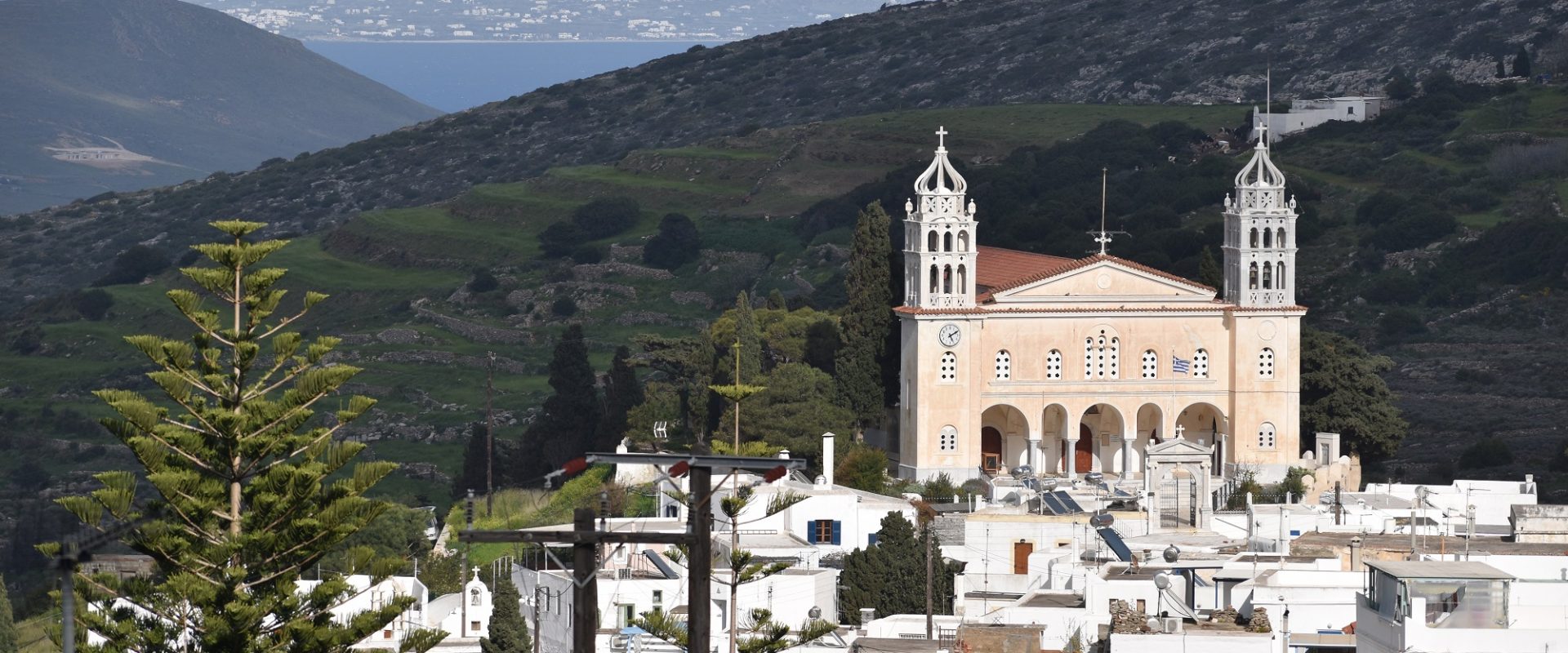
Lefkes
About
Lefkes is one of the largest villages of Paros and the highest, built on a hill covered in pine trees. Lefkes was once the capital of the island, as can be seen from the main street, where the impressive buildings date back to the 15th century. From here the view to the east coast is excellent. The main street of the village is called the ‘Ramnos’. Here, there are neoclassical buildings that stand out like the House of Literature, a space hosting professional writers and translators from all around the world, offering them the right conditions for writing or translation work. In Lefkes, life is quietly rhythmical, offering the visitor the opportunity to relax, to respond to the music of nature and explore the village, perhaps with a camera or smartphone. The cobbled streets with covered arches, the whitewashed terraces, the tens of small churches from the 17th-18th century, the central square with the old café, create an unforgettable setting establishing Lefkes’ right to the title of the most picturesque, tranquil and hospitable village of Paros. The typical Aegean houses of the village are built amphitheatrically and form many narrow pedestrian streets, which makes the village an ideal place for walks. All the houses of the village are tidily whitewashed and flooded with the colors of flowers and plants. In the old houses, many of the traditional laundry rooms are still used by the ladies, while in the central square, near the Heroes’ monument, the locals meet to talk and drink their coffee.
Sights
At the end of the main road you will find the temple of Agia Triada, a historically preserved monument, impressive as few others, built in 1835 from Parian marble. Other religious monuments are the temple of the Virgin Mary of Ypapanti, the monastery of Saint John the Precursor and the chapel of St. Kyriaki.
Events
At the end of August, the celebration of the ‘Karavola’ the occasion for one of the greatest feasts of the Aegean with plenty of food – including the eponymous giant snails from which the festival derives its name – wine, music and dancing until morning.